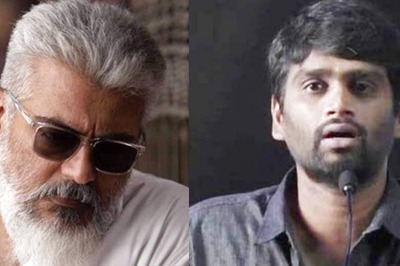
views
Dhaka: Bangladesh's law enforcement agencies have used systematic torture on detainees to stifle dissent, an international human rights group said on Monday in a report that the government dismissed as baseless.
The report, titled "Cycle of Fear", was jointly produced by the Geneva-based World Organization Against Torture (OMCT) - a coalition of NGOs fighting torture and ill-treatment - and the Bangladeshi human rights group Odhikar.
OMCT said the report was based on an examination of more than 300 cases of what it called torture between 2009 and 2017 and information gathered from alleged victims, members of the executive, the judiciary, representatives of civil society and of international organisations.
Information it received revealed that "Extreme forms of physical violence" had been used on detainees, the organisation said, citing instances such as shooting in the legs or knees, the breaking of bones, drilling holes in arms and legs, and rape, as well as mental abuse, including mock executions and death threats.
Complaints of torture, enforced disappearances and extrajudicial killings had increased in recent years and the government had failed to investigate and punish the perpetrators, the organisations said.
The government of Prime Minister Sheikh Hasina, who won a third straight term in a December 2018 election, rejected the report.
"We can tell you with emphasis that there is no single incident of disappearance or extrajudicial killing with the knowledge of this government," Home Minister Asaduzzaman Khan told Reuters.
"For the last 10 years there is no lawlessness in the country or any application of torture by this government to silence dissent with any government machinery," he added.
Gerald Staberock, OMCT secretary general, said torture was used to instil fear and quash dissent, to coerce confessions or as a tool for corrupt law enforcement agents to extract bribes.
"We call on Bangladesh to acknowledge the magnitude of the problem and start a complete overhaul of its law enforcement and judiciary systems," Staberock said.
A political deadlock in Bangladesh fed "widespread impunity", the groups said. Several leaders of the main opposition Bangladesh Nationalist Party have been jailed on charges the opposition says are politically motivated.
"While the government has declared at various times a ‘zero tolerance policy’ towards torture and other serious human rights violations, there is little evidence of such a policy ever being pursued and transformed into real accountability," the report said.




















Comments
0 comment